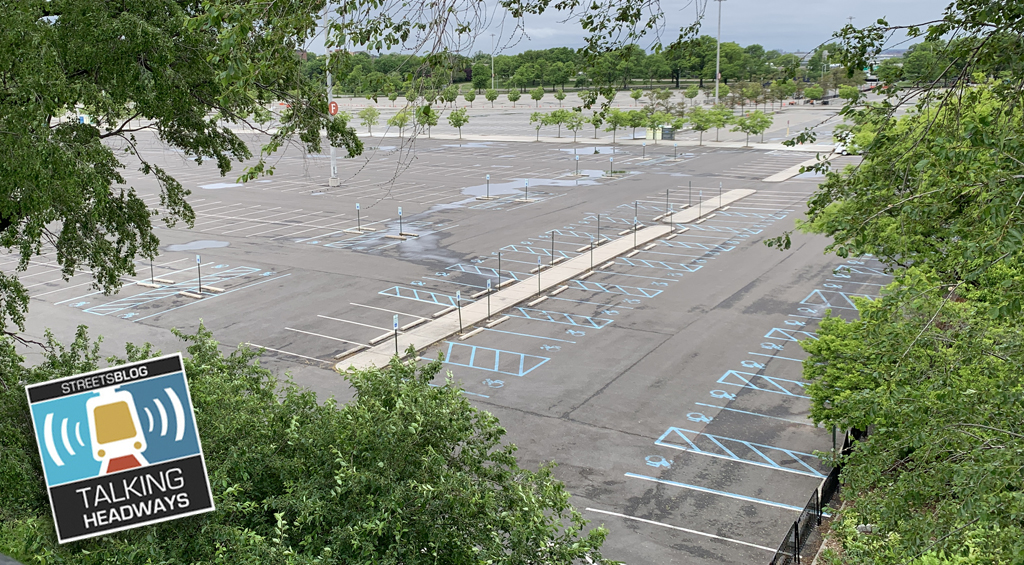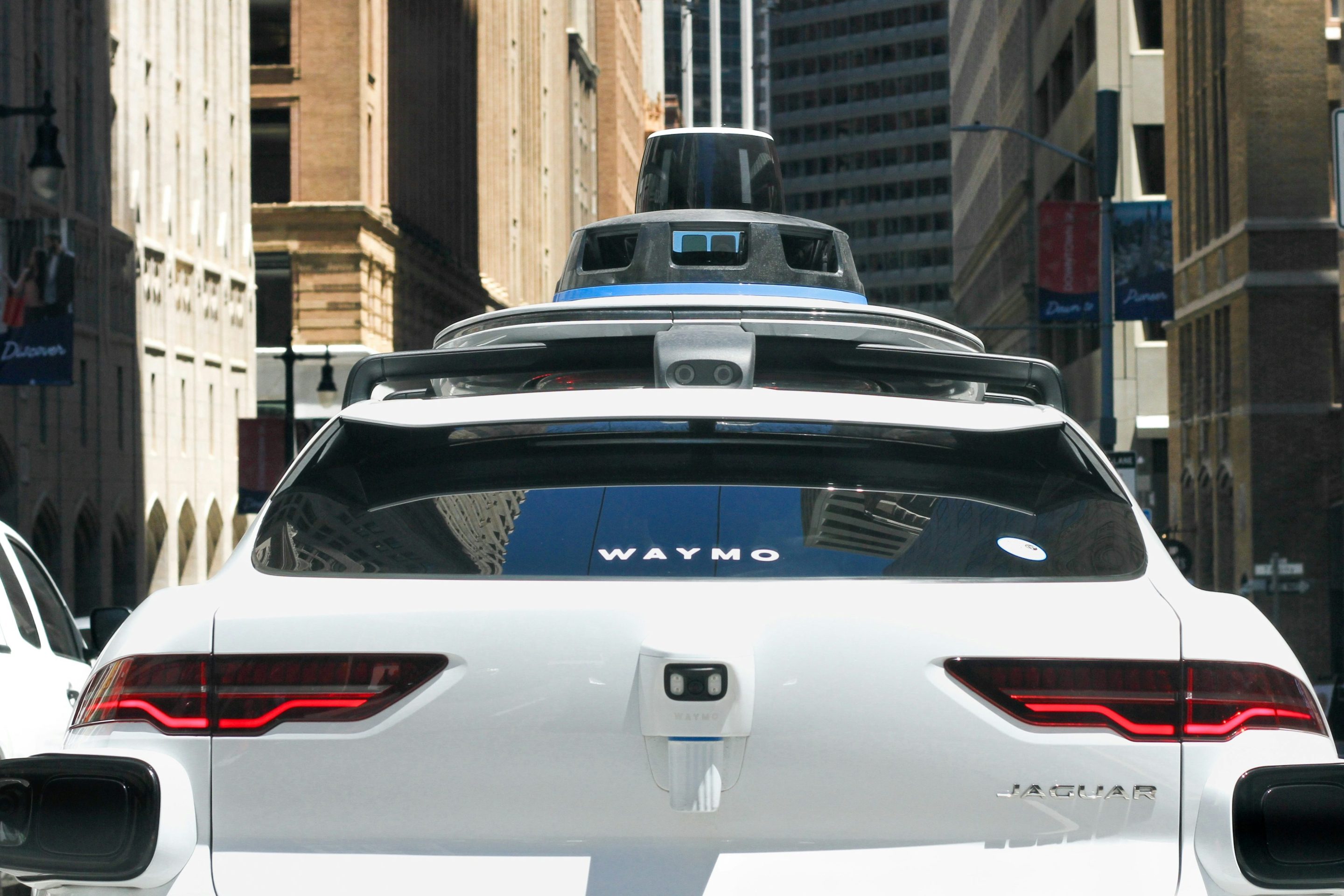Researchers have gotten good at quantifying the cost of congestion. And every time a report comes out announcing millions or billions in costs associated with traffic delays, calls for road widening follow.
But Metro, Portland's regional planning organization, recently examined traffic costs from a different perspective: the economic impact of auto collisions. Turns out, road collisions cost the region $958 million annually, "significantly more than traffic congestion," according to Jonathan Maus at Bike Portland:
The report found that Between 2007 and 2009, there were 151 fatal collisions in the Portland Metro region, killing 159 people, and an additional 1,444 collisions resulting in incapacitating injury. In total, the report says, those collisions cost the region $958 million a year in property damage, medical costs, and lost productivity, "not to mention the pain and suffering from the loss of life."
By comparison, Metro's very influential 2005 Cost of Congestion report found that traffic jams could cost the region $844 million a year in lost productivity by 2025.
Metro Councilor Rex Burkholder says that making road safety improvements, "could help the economy more than fighting congestion."
If these findings apply elsewhere, and there's no reason to think they wouldn't, it should give pause to communities considering road widening projects. If their goal is to boost their local economies, anyway.
Elsewhere on the Network today: Mobilizing the Region reports that New Haven, Connecticut's highway teardown project has helped the city attract a major biotech company. Bike Portland shares the results of a study that found the cycling industry pumps $81 billion into the U.S. economy annually. And The Political Environment finds evidence of suburban bias at SEWRPC, greater Milwaukee's regional planning agency.






